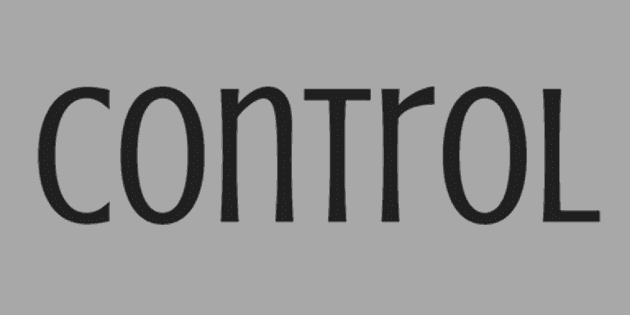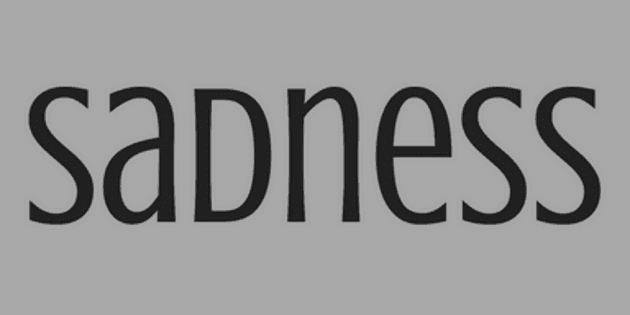
When you are in love, it's difficult to see the negative side of your significant other. The rose-colored glasses of love are easy to blissfully gaze through. And if you do happen to notice a negative and destructive habit, denial and minimizing the problem can make it seem like a small thing.
One form of denial people usually use is staying in the relationship because you believe your partner will change. You also might shrug it off because you love them, so you don't want to make a big deal out of it.
But it is a big deal. Emotional abuse can lead to depression, interrupted sleep, physical pain and trust issues. Don't give someone that type of power over you.
Watch out for these five signs in your relationship:
1. Blame
Putting blame on you means the abuser doesn't take responsibility for their own actions. Stable relationships require expressing your feelings and discussing concerns. If you try to bring up either of these, and your partner shuts you down by blaming everything on you, that is a huge red flag. A loving partner would listen to and be interested in what you have to say.
2. Belittle
You are being belittled if your partner criticizes or ignores your dreams, feelings and thoughts. Be with someone who will keep your aspirations and opinions in mind and help you to achieve them.
3. Control
Control can come in several forms. Your partner is controlling if they feel the need to always know where you are, don't let you make financial decisions, don't let you spend much time with family or friends or withhold affection to get what they want.
If your partner becomes angry when you make your own choices, this can be a sign of emotional abuse. Being part of a loving relationship means that you let each other take equal part in the decision-making process.
4. Fright
Pay attention to warnings of emotional abuse in yourself, too. If you are afraid to confront your partner because you're worried about what might follow, that's a reason to be worried.
You should never feel scared to talk to your significant other. Feeling like you can never bring up something to discuss may lead to bottled up emotions and feelings of isolation.
5. Sadness
Everyone has bad days, but if sadness is becoming a persistent feeling, you might be in an emotionally abusive relationship. Pay attention to what is making you feel sad and especially observe how you feel when you're around your partner.
If these signs sound all too familiar, what can you do? Seek help. Get out of that relationships. Listen to the supportive advice from your friends and family. If necessary, seek professional guidance. It might be tough to hear what they have to say, but they are only doing it in your best interest.






